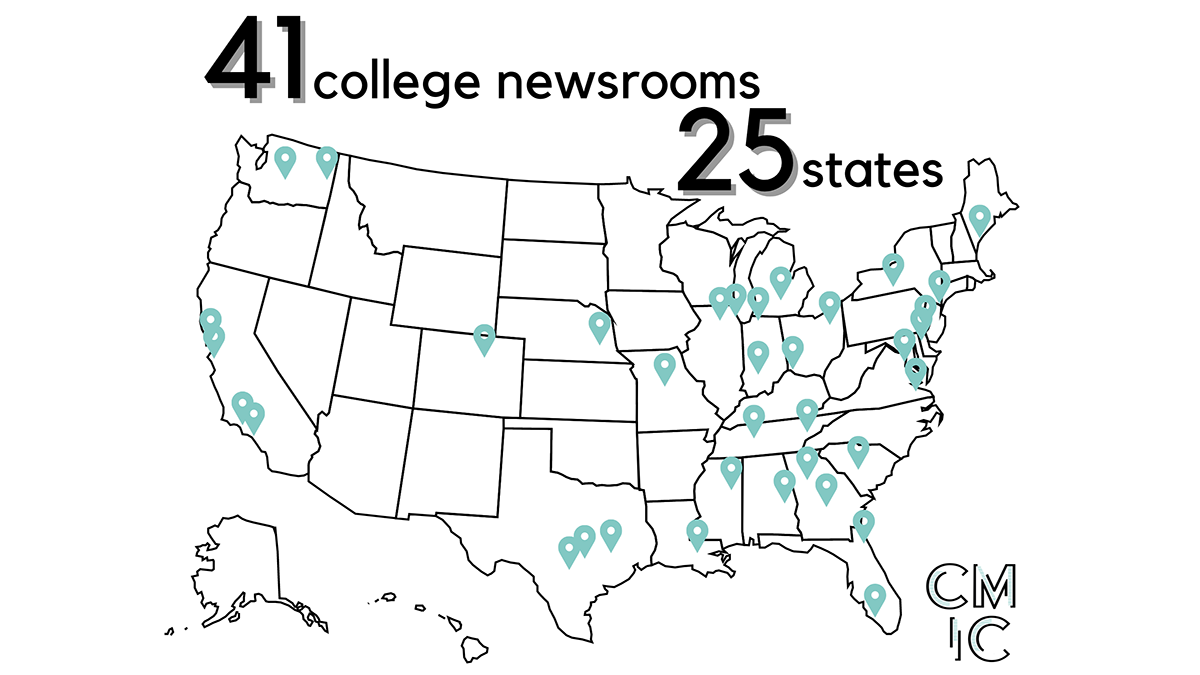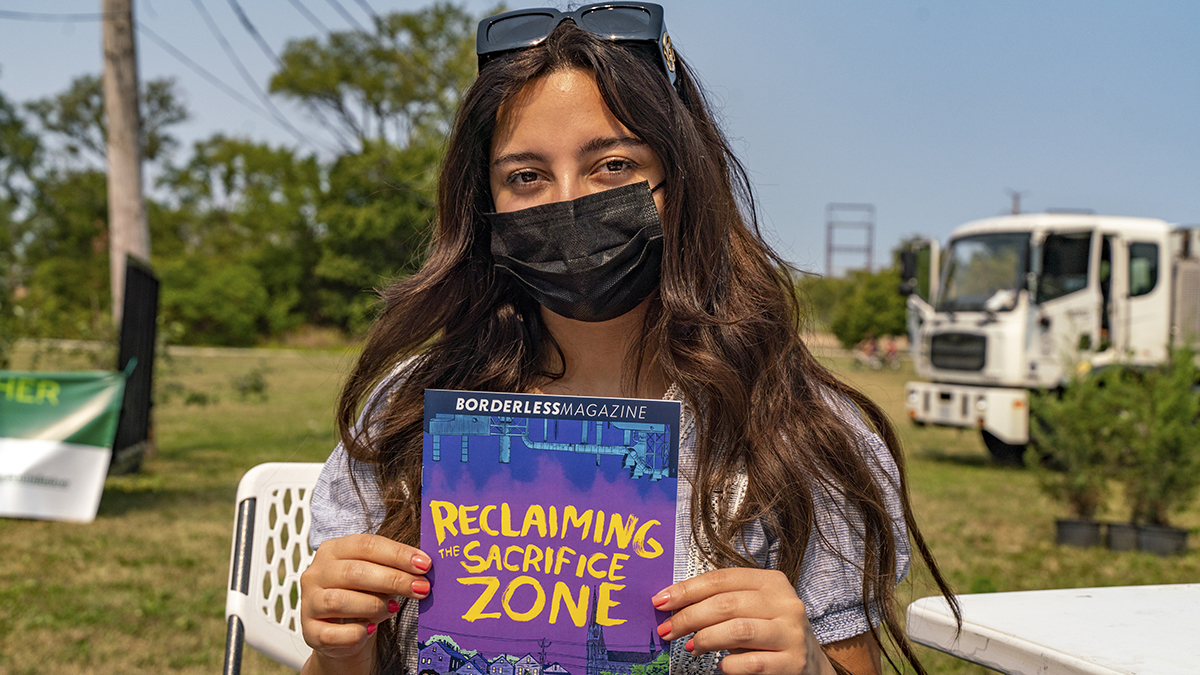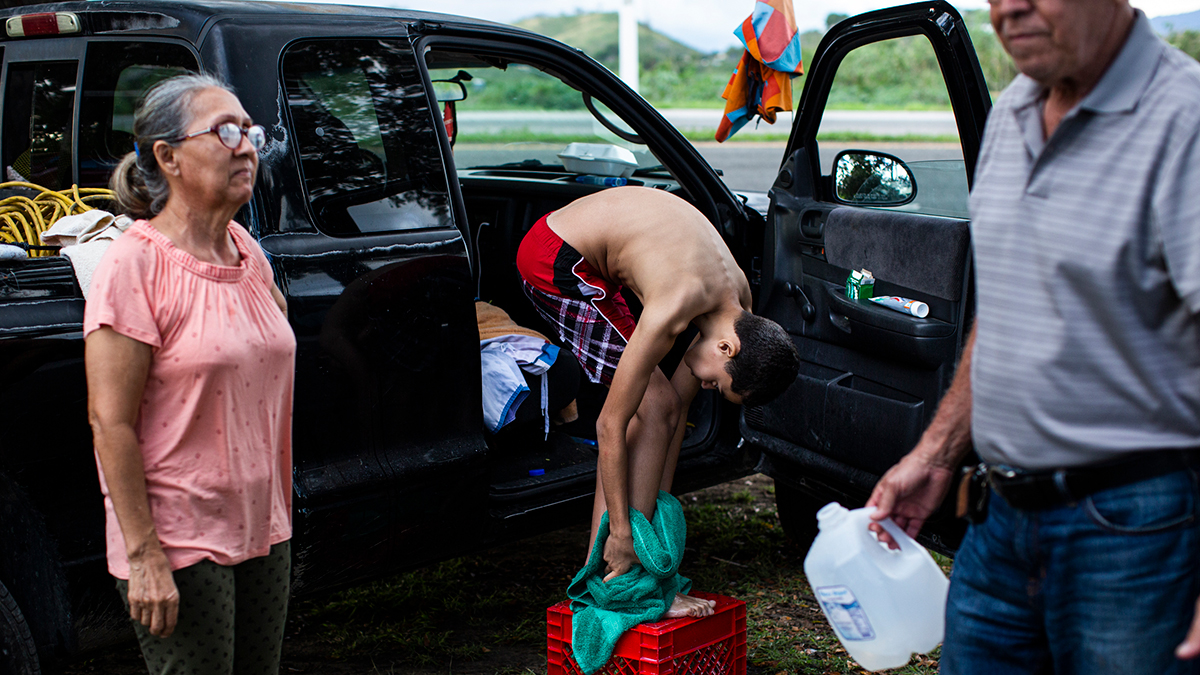
RJI news
A new ‘Potter Listening Tour:’ Local newspapers can still work, even with different paths
A different kind of “right sizing,” grants and donations, and tinkering with the balance of online and print are some of the ways.
Three college media challenges and how we plan to solve them
Student newsrooms must collaborate and innovate to improve their journalism.
Ten things to include in your engagement kit
What to bring whether you’re tabling or sending out field canvassers into your community.
Covering Muslim holidays fosters trust and inclusivity
How are holidays and special events being covered?
How a newly founded newsroom is building community connections
AfroLA is making data-informed decisions to meet audiences where they are.
Different ways to represent Muslims in journalism
Sometimes, you need go beyond what is mainstream to unearth new stories.
Adding pre-publish options to the SEO Slack tool
Using keywords, AI and automation for pre-publish insights.
How leaders know when they are ready to go
Time is needed for a period of healthy introspection and discernment.
News media’s racial reckoning
George Floyd aftermath changed the question from what can be said, to what must be said.
Reporting in environmental disasters
Community support, communication, and planning are your most important safety tools.









